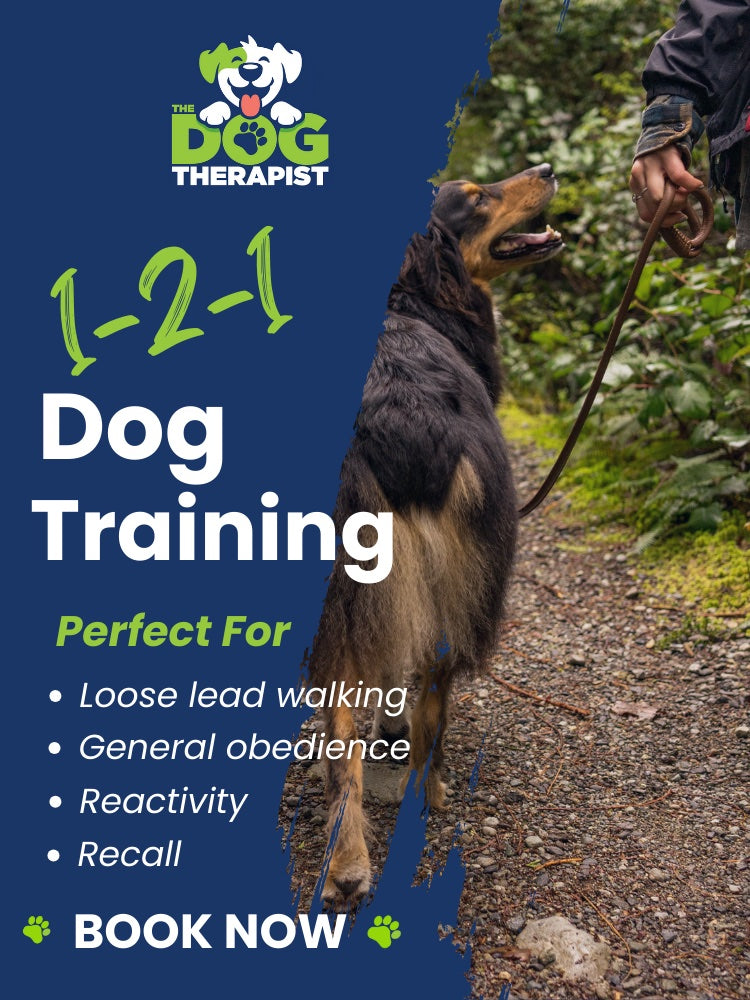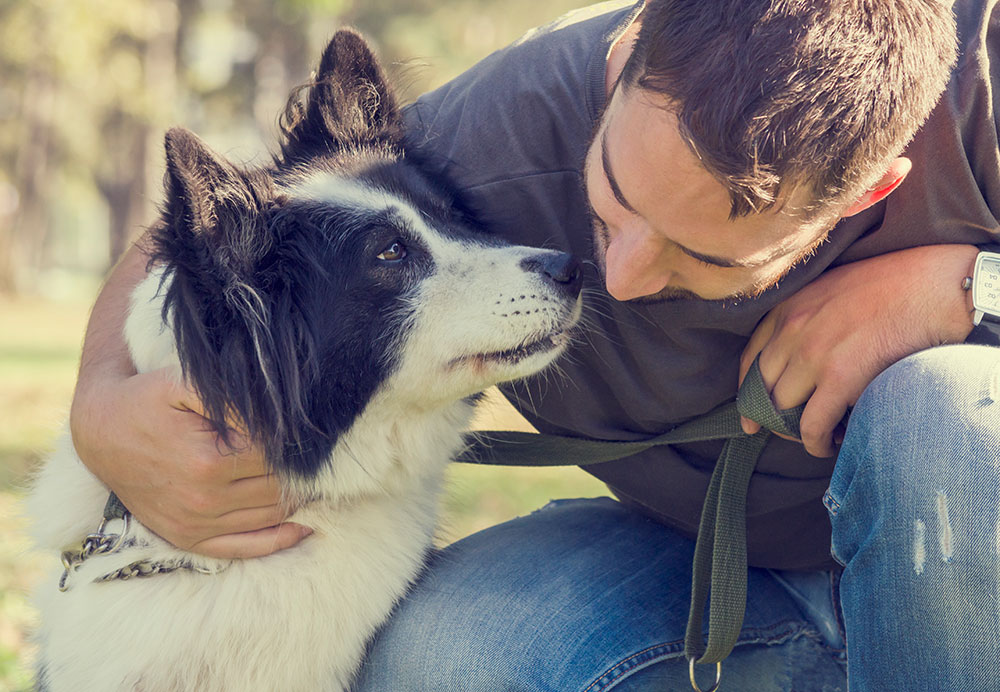How to Choose the Right Dog Training Program for Your Pup
How to Choose the Right Dog Training Program for Your Pup
Blog Article
The Ultimate Guide to Pet Training: Change Your Animal's Behavior
Reliable pet dog training is essential for promoting an unified connection in between pets and their proprietors. The intricacies of canine habits and the application of structured training strategies play a crucial function in this procedure. By recognizing the principles of favorable reinforcement, uniformity, and socialization, pet proprietors can navigate usual obstacles that emerge throughout training. This guide not just aims to outfit you with the needed tools to change your dog's actions but also invites you to discover exactly how these fundamental ideas can result in a deeper connection with your family pet. What might be the initial step in this transformative journey?
Understanding Canine Habits
Understanding pet dog habits is crucial for effective training and a harmonious relationship between pet dogs and their proprietors. A pet dog's behavior is influenced by a mix of genes, environment, and experiences. Dog training. Recognizing these factors permits owners to tailor their training approaches to meet the private requirements of their family pets
Pet dogs interact mostly with body movement, vocalizations, and facial expressions. A wagging tail can show enjoyment or joy, while a put tail may signal fear or entry. Observing these hints makes it possible for proprietors to react properly, strengthening favorable behaviors and attending to negative ones efficiently.
Furthermore, recognizing the social structure of dogs can provide understandings into their habits. Canines are pack animals, and they flourish in a structured atmosphere. Developing regular guidelines and clear limits can stop confusion and promote a feeling of safety and security.
Moreover, acknowledging the all-natural impulses of pets, such as the urge to chase after or dig, is vital. These instincts can be redirected via ideal outlets, such as play or exercise. By adequately comprehending these behavior facets, owners can cultivate a positive training experience, inevitably resulting in a obedient and well-adjusted canine friend.
Vital Training Techniques
Efficient pet dog training depends on a range of crucial techniques that can considerably improve the learning procedure for both the pet and the owner. One essential technique is favorable reinforcement, which involves satisfying preferable actions with deals with, appreciation, or play. This technique motivates pets to duplicate the actions that bring about favorable results, cultivating a trusting connection between the animal and owner.
One more secret method is consistency in commands and expectations. Utilizing the exact same verbal cues and hand signals assists the canine recognize what is needed, decreasing complication and advertising quicker understanding. In addition, establishing clear boundaries and guidelines is vital for efficient communication.
Socialization is also a necessary part of training. Subjecting dogs to different environments, individuals, and various other pets assists them develop proper social skills and lowers anxiety in unfamiliar scenarios.
Finally, patience and timing are important. Training sessions ought to be brief yet regular, ensuring that the pet dog stays involved and responsive. By utilizing these important strategies, owners can produce a organized and favorable training experience that promotes excellent actions and reinforces the bond with their canine buddies.
Developing an Educating Set Up
How can a well-structured training schedule improve a dog's knowing experience? A training timetable offers uniformity, ensuring that canines obtain regular, concentrated guideline. This predictability helps dogs understand what is expected of them, enhancing their knowing and permitting for much better retention of behaviors and commands.
When creating a training schedule, it is necessary to take into consideration the pet's age, type, and private character. Youthful puppies might take advantage of shorter, extra frequent sessions, while grown-up pets might flourish with longer, less constant training durations. Including a range of activities can also keep the sessions involving, preventing monotony and advice advertising enthusiasm for understanding.
In addition, scheduling training sessions at certain times of the day can aid solidify a routine. Pairing training with day-to-day walks or playtime can produce a favorable association with learning. It is likewise critical to consist of time for reinforcement, such as treats or praise, to compensate wanted behaviors quickly.
Last but not least, flexibility is essential. While uniformity is important, being adaptable to the canine's state of mind or power degree can improve their understanding experience. A well-crafted training schedule inevitably lays the structure for effective communication and a more powerful bond in between the pet dog and owner.
Common Training Challenges
Regardless of having a well-structured training timetable, pet dog proprietors often experience different obstacles during the training procedure. One typical issue is inconsistency in signs and commands. When multiple member of the family utilize various terms or tones, a pet dog might become confused, impeding its capacity to discover efficiently.
Another constant challenge is interruption. Dog training. Pet dogs are normally interested creatures, and external stimulations such as other animals, noises, or people can divert their interest during training sessions. This calls for owners to create a regulated environment or progressively introduce distractions to enhance focus
In addition, differing power degrees can influence training results. High-energy pet dogs might struggle to calm down and concentrate, while more laid-back breeds may require added motivation to involve. Customizing the training approach to fit the individual canine's character is vital for success.

Structure a Strong Bond
A strong bond between a dog and its owner is vital for successful training and overall wellness. Dog training. This relationship promotes trust fund, which is vital for reliable interaction throughout the training procedure. When a pet dog feels linked and safe to its owner, it is more most likely to react favorably to commands and signs
To construct this bond, uniformity is vital. Developing a regimen that consists of routine feeding, exercise, and training sessions helps develop a sense of stability. In addition, favorable reinforcement strategies, such as treats, appreciation, and play, reinforce desired behaviors while enhancing the psychological link.
Socializing is another vital element of bond-building. Revealing your canine to different settings, individuals, and other animals aids them really feel much more certain and comfortable, enhancing the bond with their proprietor. Involving in activities with each other, such top article as strolling, playing fetch, or taking part in obedience training, advertises team effort and mutual enjoyment.
Verdict

Understanding dog habits is vital for reliable training and a harmonious connection in between pets and their proprietors.Reliable canine training relies on a range of necessary methods that can significantly improve the knowing procedure for both the proprietor and the dog.In spite of having a well-structured training routine, canine owners frequently encounter numerous difficulties throughout the training procedure.In final thought, effective dog training counts on a thorough understanding of canine habits, the application of crucial techniques, and the establishment of a structured training schedule. By emphasizing favorable support and uniformity, pet dog proprietors can substantially boost their pet dogs' actions, inevitably ensuring an unified relationship and advertising the well-being of both the canine and its environment.
Report this page